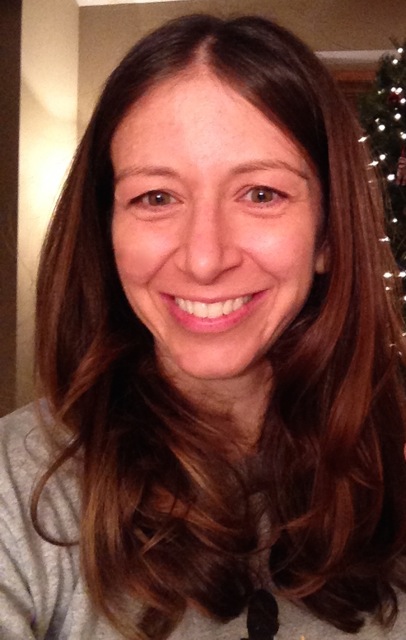Helping Others Through the Power of STEM
Kim Bishop was a 1994 ExploraVision winner as an 8th grader at Patrick Henry Middle School in Sioux Falls, SD. Kim’s team became national winners for their Cosmic Commode project. This socially responsible toilet was designed to recycle water, kill germs and even conduct routine medical tests. Kim is now supervisor of rehab admissions at University of Minnesota Medical Center, Fairview.
Q: How did you first get involved in ExploraVision? What was your experience with the program?
A: My team of friends in our school’s “gifted and talented” program decided to participate ExploraVision because it had the biggest educational prize and we wanted to have fun together. We designed the Cosmic Commode—a self-contained waste system, which cleaned and recycled its own water and used an ultraviolet light sanitizer. We even designed an accessory that could administer and send urine or stool tests to physicians via fax line! Looking back, it was all truly rewarding because it made us think about our impact on the world.
Q: Were you always interested in science? When did you realize it was your passion?
A: Most of my passions in middle school stemmed from creativity—thinking outside of the box to find solutions to common problems. However, my actual passion for science came to fruition way after ExploraVision, at the end of high school and into college. After college, I followed the path of science because I enjoyed the journey of evaluating information to find a solution. ExploraVision was part of the foundation for my education.

Caption: Kim Bishop
Q: What are important science or engineering skills a high school student should develop as they prepare for a science-focused college major?
A: It’s important for STEM students to develop science skills such as research techniques and problem solving. As far as “soft skills,” public speaking and self-confidence are also important traits that are necessary when presenting ideas or theories.
Q: Did you have any mentors in college or beyond? If so, how did they help shape your career path?
A: In middle school, one of my teachers served as my mentor. She taught me things I genuinely enjoyed and helped me stay motivated in school. In college, my research professors had mentor-like qualities that gave me both realistic and constructive views of the world and its issues. These mentors helped shape my career path by making me think about how science impacts a community. Through science, I was inspired to help others and leave behind a legacy.